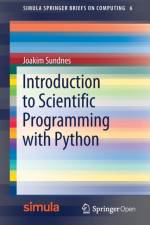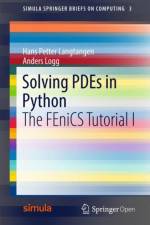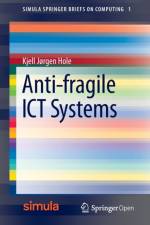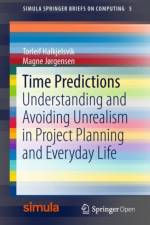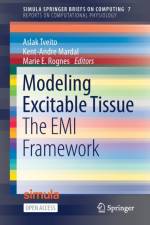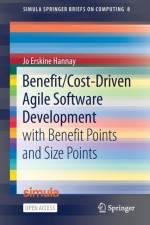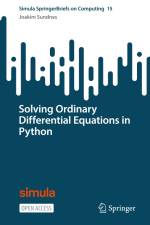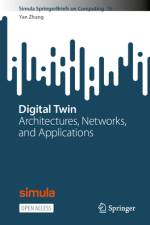av Yan Zhang
369,-
This open access book offers comprehensive, self-contained knowledge on Digital Twin (DT), which is a very promising technology for achieving digital intelligence in the next-generation wireless communications and computing networks. DT is a key technology to connect physical systems and digital spaces in Metaverse.The objectives of this book are to provide the basic concepts of DT, to explore the promising applications of DT integrated with emerging technologies, and to give insights into the possible future directions of DT. For easy understanding, this book also presents several use cases for DT models and applications in different scenarios.The book starts with the basic concepts, models, and network architectures of DT. Then, we present the new opportunities when DT meets edge computing, Blockchain and Artificial Intelligence, anddistributed machine learning (e.g., federated learning, multi-agent deep reinforcement learning). We also present a wide application of DT as an enabling technology for 6G networks, Aerial-Ground Networks, and Unmanned Aerial Vehicles (UAVs).The book allows an easy cross-reference owing to the broad coverage on both the principle and applications of DT. The book is written for people interested in communications and computer networks at all levels. The primary audience includes senior undergraduates, postgraduates, educators, scientists, researchers, developers, engineers, innovators and research strategists.

